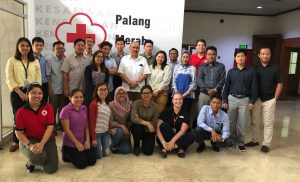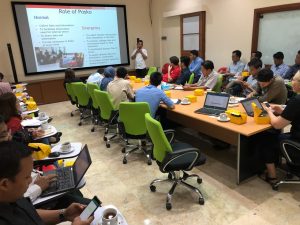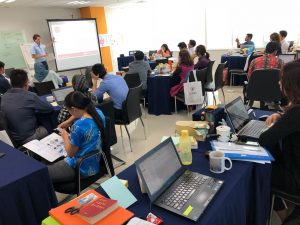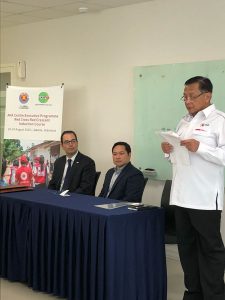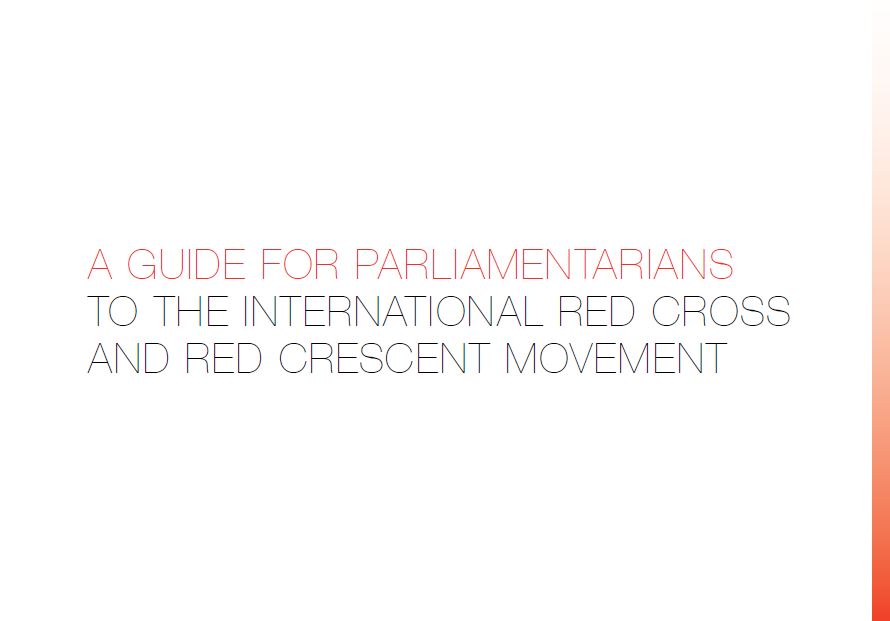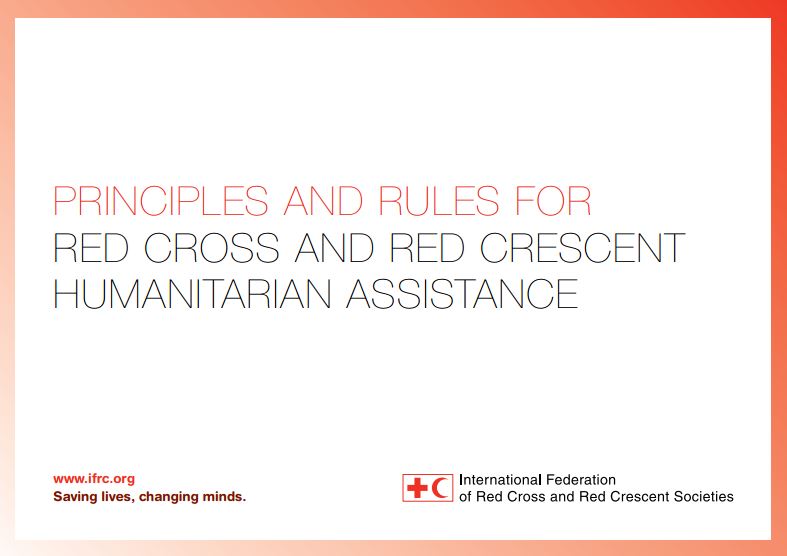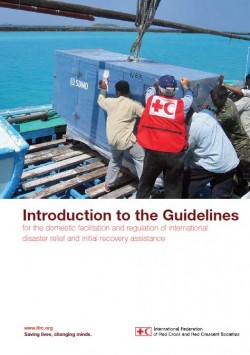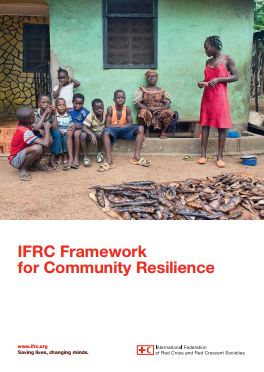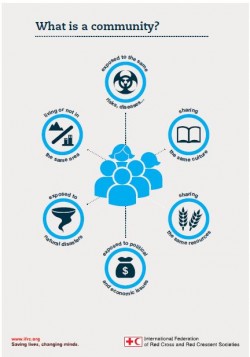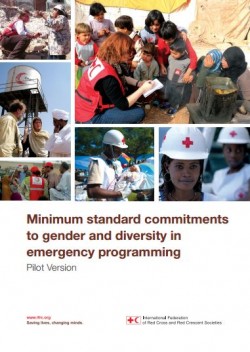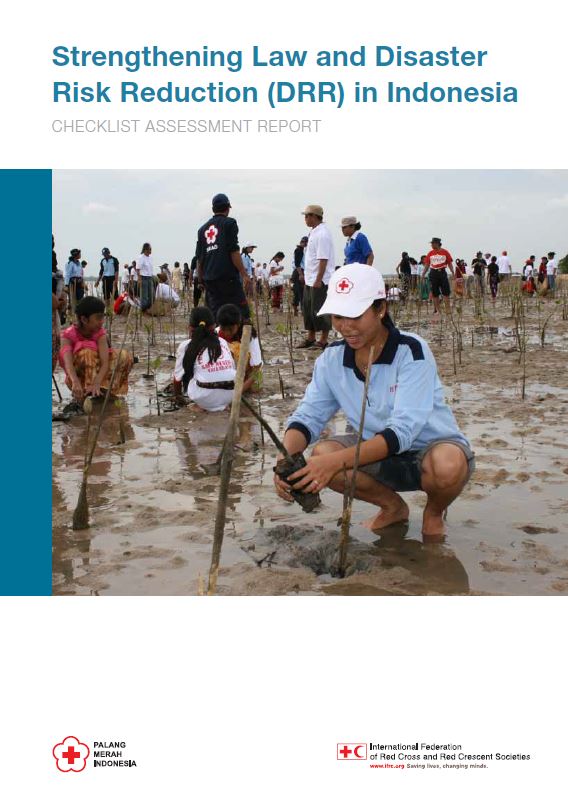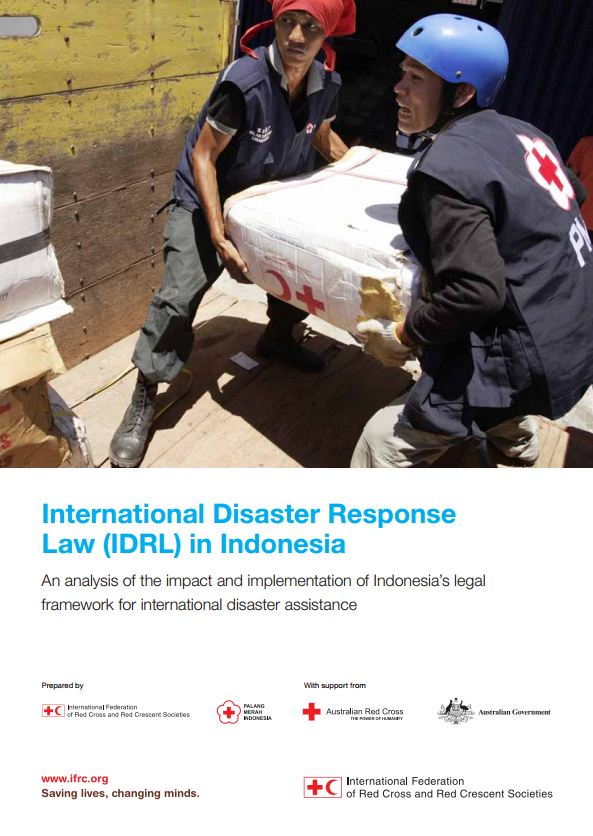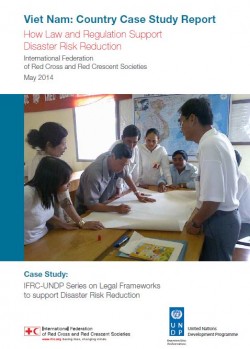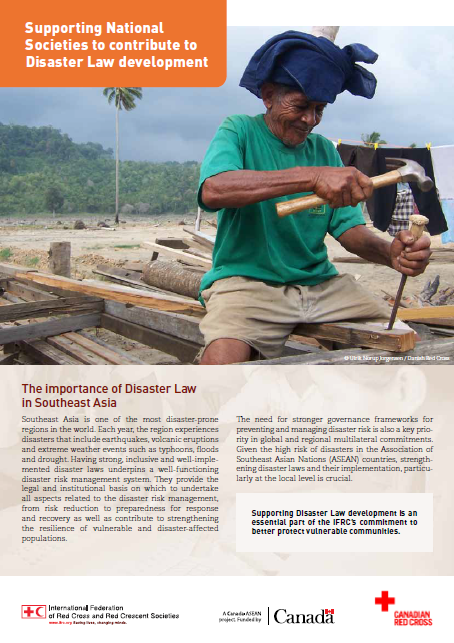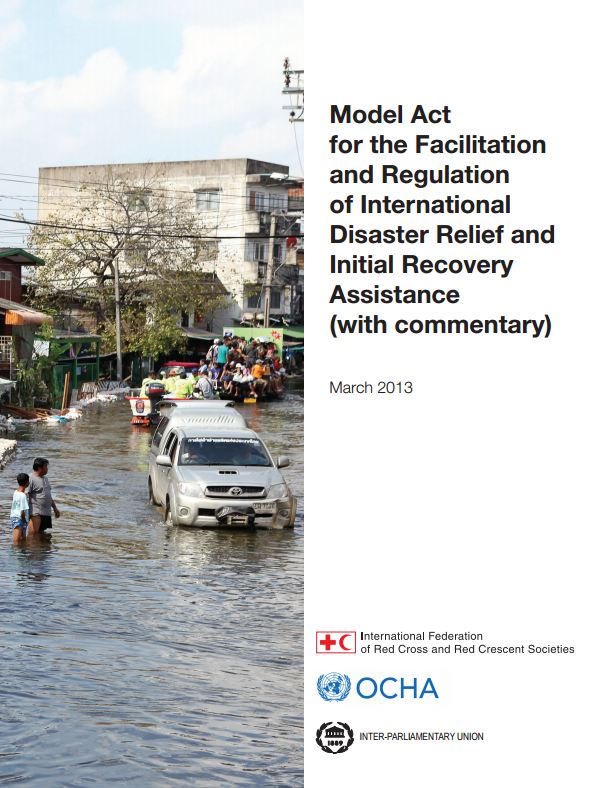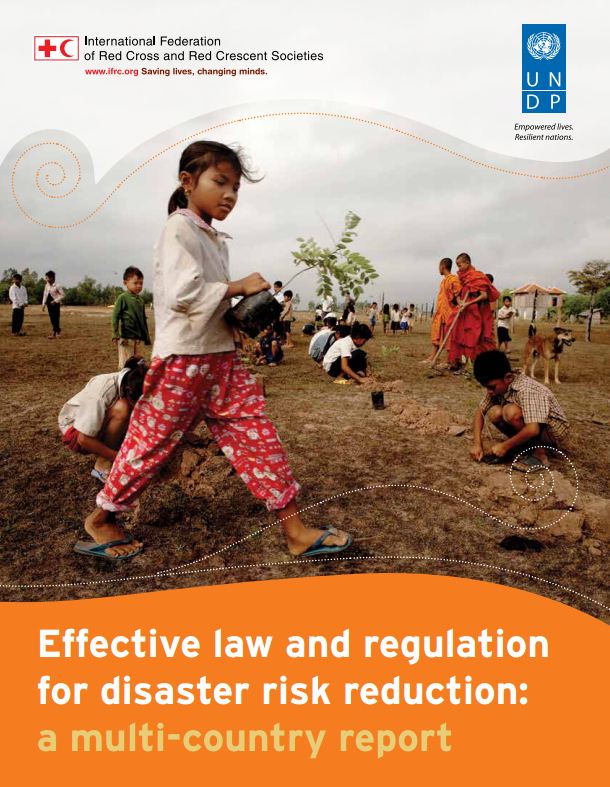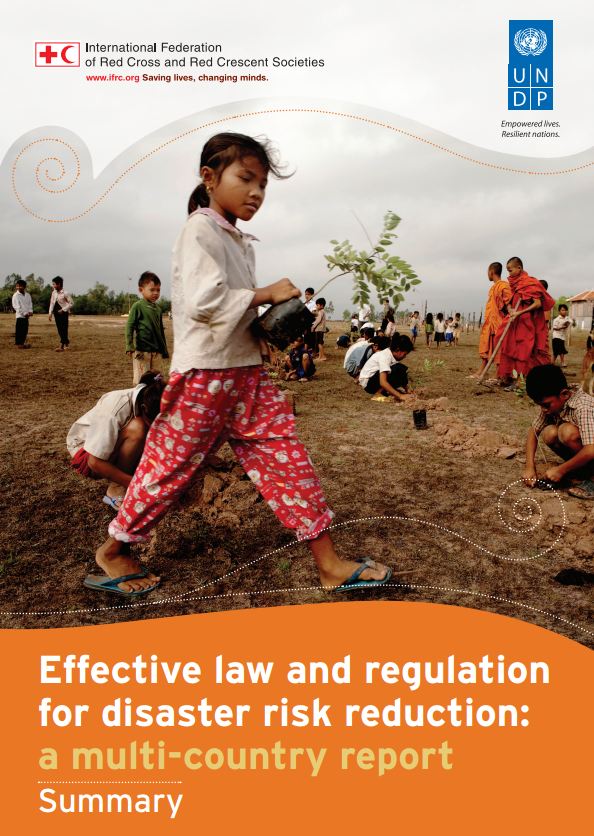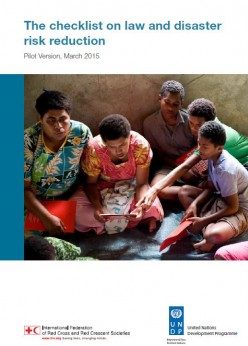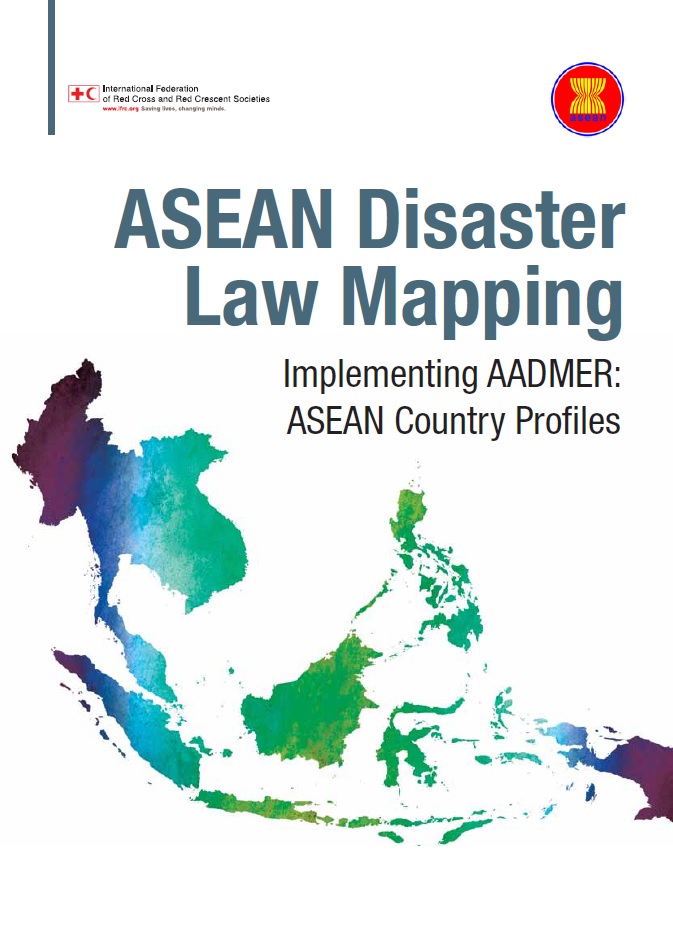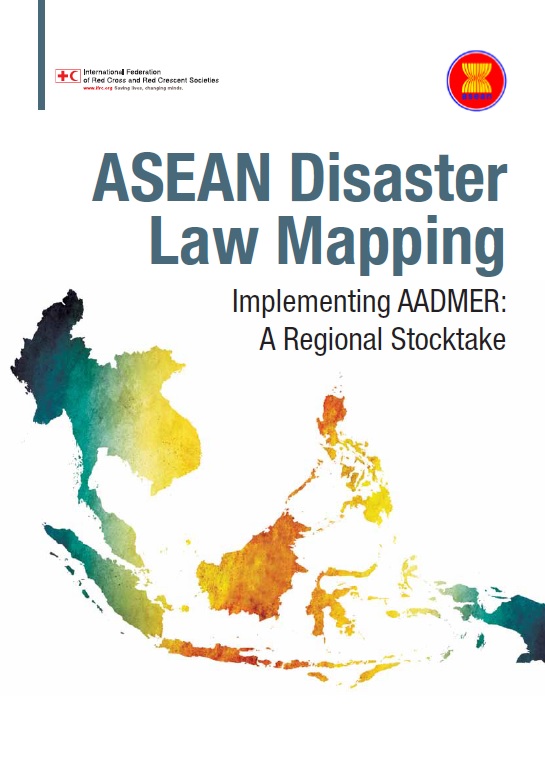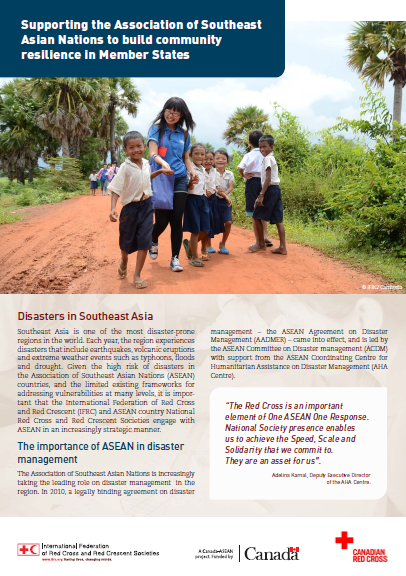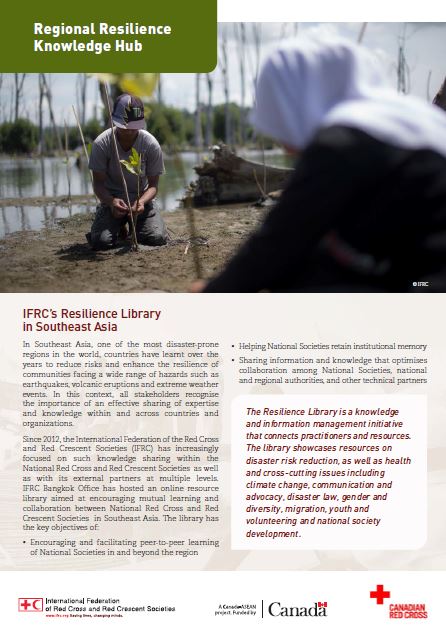Introduction
The AHA Centre Executive (ACE) Programme was established as part of the AHA Centre’s ambition to build a disaster-resilient region, through the vision of the ‘One ASEAN One Response’. Since it was launched in 2014, 62 officers from the ten ASEAN Member States have been trained. After graduating from ACE, the ACE alumni continue to engage in various roles in the area of disaster management as well as in responding to emergencies in the ASEAN region. Some graduates have been promoted into higher leadership positions within their respective National Disaster Management Organisations. Considering the ACE Programme’s effectiveness and relevance to support the vision, the AHA Centre continues to invite talented individuals from the ASEAN Member States to join ACE, in order to improve ASEAN’s speed, scale and solidarity in responding to crises and emergencies.
ACE Programme Description
The ACE Programme aims at developing the future leaders of ASEAN. The programme will strengthen the operationalisation of One ASEAN One Response commitment through building the capacities of the participants in the areas of disaster management and humanitarian assistance operations. It is is designed as a training development continuum, with long-term emphasis on building the four ACE Professional Qualities:
- ACE Professional Quality 1. ACE graduate is sought as an expert in humanitarian assistance, both nationally and in the ASEAN region.
- ACE Professional Quality 2. ACE graduate is committed to support the ASEAN’s coordination mechanisms and operationalise One ASEAN One Response through involvement of various relevant stakeholders.
- ACE Professional Quality 3. ACE graduate is result oriented
- ACE Professional Quality 4. ACE graduate is an effective leader
The learning programme combines various adult learning methodologies: online courses, classroom sessions, experiential challenges, case study analysis, individual and team projects, and real-life simulations. The participants are also expected to allocate two hours a day for reading the materials prior to joining the session on the following day, over the 18-week programme duration. In addition, the participants will engage throughout the programme by sharing tasks related to class arrangement, such as: ice breaking, meal/travel arrangement, etc.
Reading list
Presentations
- Introduction to the International Red Cross and Red Crescent Movement
- History of the International Red Cross and Red Crescent Movement
- Overview of Red Cross Red Crescent in Southeast Asia
- Overview of the International Committee of the Red Cross
- International Committee of the Red Cross in Asia Pacific
- Overview of the Indonesian Red Cross Society (PMI)
- Introduction to IFRC Framework and Roadmap for Community Resilience
- PMI’s Resilience Approach: Engaging Communities Before, During, and After Disaster and Crisis
- ICRC 2017 Annual Report: Fact and Figures
Reference materials:
Presentations
- Principles and Rules for Red Cross and Red Crescent Humanitarian Assistance
- Global Response Tools
- Dignity, Access, Participation, and Safety: Operationalizing Gender and Diversity in Disaster Management
- PMI Strategy on Disaster Preparedness and Responses: From Local to National
- Restoring Family Links
Reference materials:
![]()



